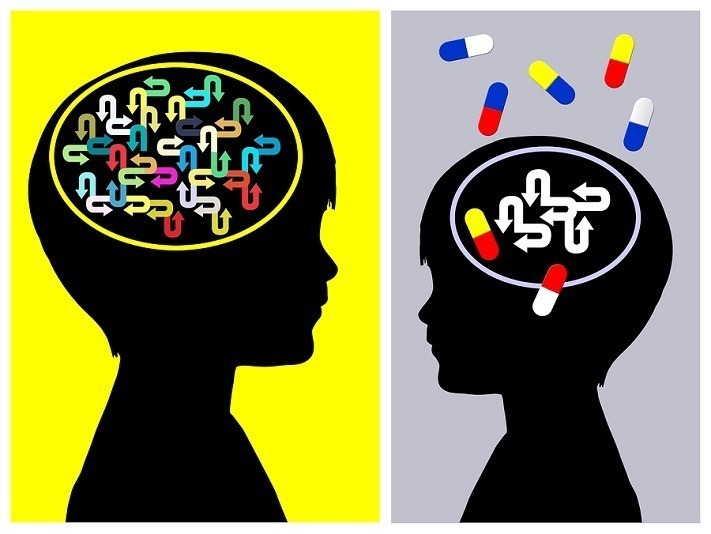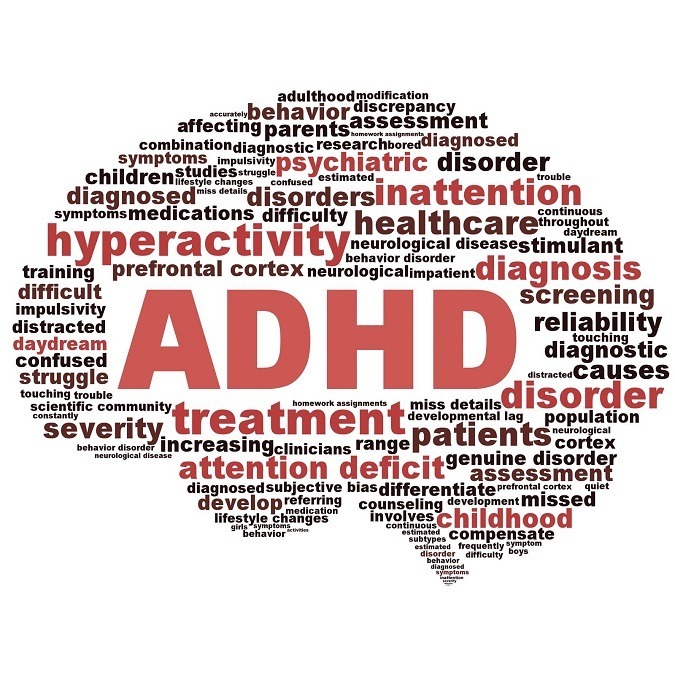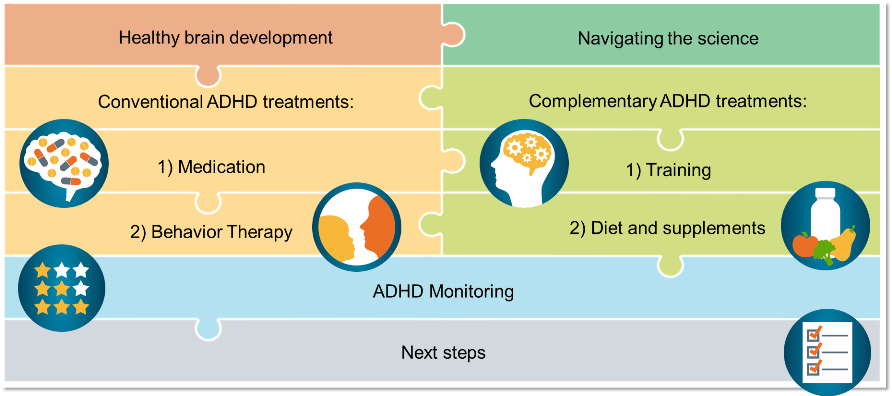Posts Tagged ‘AD/HD-treatments’
Does ADHD treatment enable long-term academic success? (Yes, especially when pharmacological and non-pharma treatments are combined)
Academic difficulties are one of the most important adverse consequences of ADHD, and they frequently contribute to parents’ decision to seek treatment for their child. Whether treatment consistently yields a positive impact on long-term academic success is thus an important issue; however, the answer to this question has been somewhat controversial. A study published recently…
Read MoreSurvey of 2500 families finds what ADHD treatments seem to work/ not work as applied in the real world
While carefully controlled clinical trials are essential for establishing scientific support for different ADHD treatments, it is also important to examine how parents feel about the treatments they actually select for their child. How parents feel about ADHD treatments they have tried for their child provides an important complement to published clinical trials data, and can…
Read MoreWhat should come first to treat ADHD in children, behavior therapy or stimulant medication?
Stimulant medication treatment and behavior therapy are currently the two child ADHD treatments with the strongest research support. However, when parents begin treatment for their child, or when professionals are initiating treatment with a new client, there is no research to guide the decision of which approach to begin with. Is it better to start with…
Read MoreInitial study finds promise and limitations in using virtual reality (VR) to treat ADHD
___ Given the limitations of existing evidence-based ADHD treatments, i.e., stimulant medication and behavior therapy — research on novel intervention approaches continues to be important. Cognitive training is one such approach that has been suggested as a potential adjunct or even replacement for medication treatment. While cognitive training takes different forms, e.g., computerized attention training,…
Read MoreSurvey: Parents view Exercise as more effective than Prescription Medications to treat children with ADHD
Consider how research support for ADHD treatments are typically established. The ‘gold-standard’ approach would be a randomized-controlled trial in which children with ADHD are randomly assigned to the treatment or control group. The treatment, whatever it happens to be, would be carefully implemented in a research-based protocol. If possible
Read MoreNow available — Online Course: How to Navigate Conventional and Complementary ADHD Treatments for Healthy Brain Development
In order to successfully promote children’s healthy brain development, every parent whose child has been diagnosed with ADHD should learn how to systematically navigate and monitor the range of potential ADHD treatments based on the latest scientific evidence. This course aims at providing the necessary information, frameworks and toolkits to make well-informed decisions, in conjunction…
Read More





